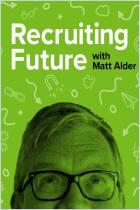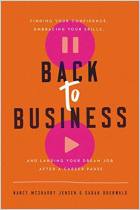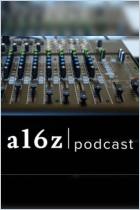Searching for a job in the midst of a pandemic may seem like a fools’ errand; but don’t toss your resume in the trash quite yet. According to the experts interviewed in Lisa Rabasca Roepe’s article for The Muse, job seekers can still make use of this period of uncertainty to network, expand their skills, and otherwise work on their employment prospects. Hiring may be on hold, Roepe writes, but that could change at any time. The article offers six helpful strategies that all those on the hunt for a new job can employ, even while the world is on lockdown.
Don’t rush your job search.
Unless you have a pressing need to find a new job as soon as possible, you may wish to put your search on hold until companies have a firmer grasp on how the pandemic will change their prospects and practices in the near and long term. Use the time you might otherwise spend applying in thinking about the kind of work you truly aspire to do. Make a list of the industries, companies and roles which interest you most, and only then start searching for potential openings and looking for networking opportunities which fit with those criteria.
If you are looking for work because you dislike your current job, ask yourself if there is any way to make your current employment situation better and follow through on those ideas. If you need to start earning urgently, consider taking a temporary position in one of the industries actively hiring during the pandemic such as online learning companies, grocery stores, delivery services and communication companies like Zoom and Slack. ...
Lisa Rabasca Roepe is a freelance journalist who writes about workplace culture, entrepreneurship and technology. Her work has appeared in numerous publications, including Fast Company and the Christian Science Monitor.


















Comment on this summary